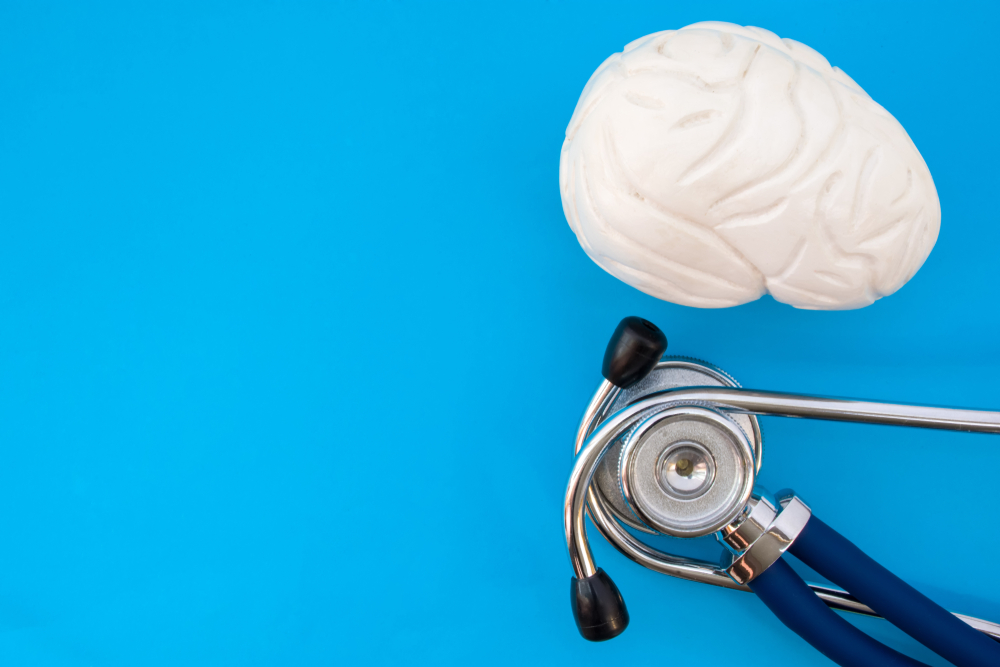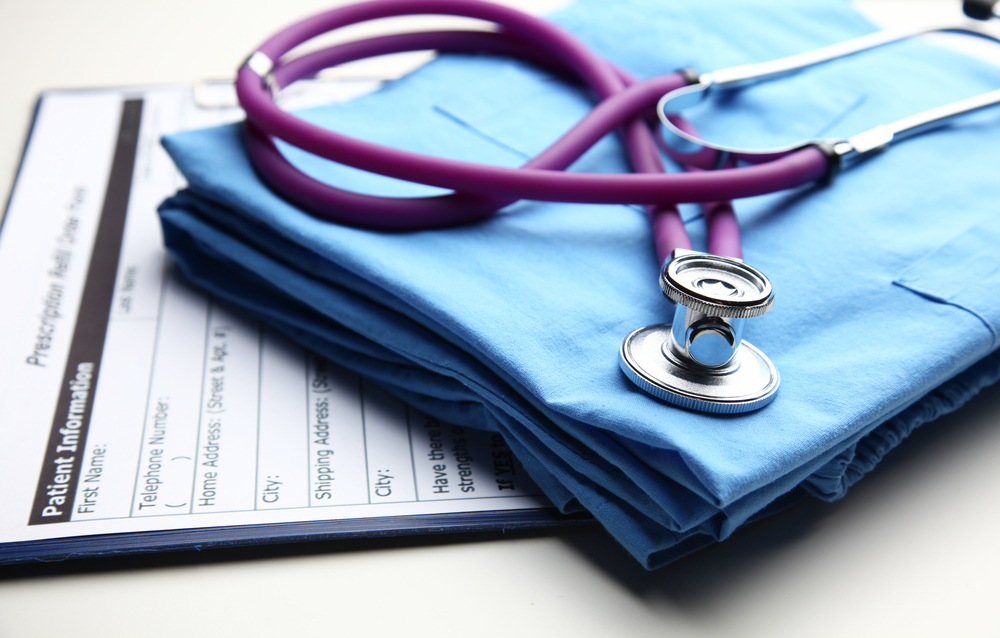
The psychiatry rotation tends to be a bit of a breather for many med students. After long hours on the wards in rotations like medicine and surgery, being on the psych service tends to bring somewhat more regular hours and less stress. Along with this, the Psychiatry Shelf Exam is known for being one of the less challenging of the Shelf Exams.
Still, it’s worth taking the opportunity to do well on this exam. If you’re considering a very competitive residency program, then honoring as many rotations as possible will certainly help. You’ll be particularly interested in this exam if you’re considering psychiatry for your residency, or even a primary care specialty; for example, family medicine includes treating patients with psychiatric conditions such as depression. P
sych questions will also show up on Step 2 CK, so preparing for this Shelf Exam can only help you in improving your Step 2 CK score, which is one of the most important aspects of your residency application.
How can you study for the Psychiatry Shelf Exam? How should you create your study schedule, and what should you focus on?

Although it’s tempting to think of the Psychiatry exam as solely testing knowledge of mental health conditions, this would be a mistake. Making a psychiatric diagnosis often requires ruling out organic causes of the symptoms. Don’t immediately assume that all of the patients on the Psych Shelf have psychiatric conditions.
Focus on mood disorders, personality disorders, psychoses, and anxiety disorders. You’ll want to know the criteria for the various diagnoses and how to differentiate between them. Another frequently tested topic is major psychiatric medications and their primary side effects. Don’t worry too much about uncommon side effects, but you should definitely know the common side effects for the most-used drugs.
The exam tends to use very long question stems. These can easily take up a lot of your exam time, when you had the information that you needed in the first couple of lines. Pay close attention to what you read at the beginning of the clinical vignette. Skim the rest of the question stem to find what you need to answer it, but don’t get hung up on reading all of the details closely, as this will just cost you precious time.
Important note: Make sure that your study materials use the DSM-5, which was released in 2013. This would potentially be an issue if you inherit some books from a family member or friend, or if you purchase used books.
Many med students use UWorld‘s extensive question bank to prepare for their USMLE Steps, and it’s very useful for the Shelf Exams too. Aim to get through all of the psych questions in UWorld at least once during your clerkship. If you get through them twice, then you’ll be well-prepared for the Psychiatry Shelf Exam, as well as for psych questions on Step 2 CK.
UWorld is best used as a study aid, rather than a diagnostic one. In other words, don’t focus on the percentage of correct answers that you achieve. Instead, use the questions as a learning tool. You’ll find that you learn a lot of high-yield information even when you get a question wrong.
The OnlineMedEd videos are useful throughout the third year clerkships. The videos do an excellent job of summarizing high-yield information in an easy-to-understand format. We recommend OME for all of the Shelf Exams, and psych is no exception; this can be a great way of getting a handle on subjects like psychiatric medications that can tend to trip up some students.
There are also notes available for each video, which are concise (generally just a page or two per video) and extremely high-yield. Reading through the notes can be a great way of reviewing before the exam.
First Aid for the Psychiatry Clerkship is a great book, summarizing everything you need to know for the Psychiatry Shelf Exam and for your clinical experiences on this rotation. You most likely used First Aid for USMLE Step 1, so you’re familiar with the format of the series (high-yield information, mostly presented in bulleted lists). This one is shorter at only about 200 pages, and can be very helpful in helping you shine in the eyes of your residents and attendings as well as acing your exam. We’d recommend keeping this in your bag to take advantage of any downtime you may encounter, and also to give you a chance to read up on your patients.
Third year can be very intense, and it’s nice to have a bit of a breather on the psych rotation, as it tends to be less time-intensive than many other clerkships. We do recommend that you give yourself a little bit of time off during this clerkship, in order to keep yourself from burning out.
At the same time, you should definitely take this clerkship seriously, and ensure that you study the material in order to do well on your Shelf Exam and Step 2.
We recommend starting with the UWorld questions during the first week of the rotation. This will help you not only with the exam, but also will prepare you well to take good care of your patients and impress your residents and attendings throughout your clerkship.
With only 310 questions, you should be able to get through these fairly quickly. You can then move on to more detailed resources, like First Aid and OME. Keeping First Aid in your bag can be a great way to take advantage of any downtime that you end up with during your rotation. Just before the exam, go back through UWorld to ensure that you have mastered the content.
Your colleagues who have already finished their psych rotations can be great sources of information about the exam. They may even be willing to share resources with you; for example, some med students trade books with their friends when they both move to a new clerkship. Residents are also a great source of tips for the exam, because they’ve taken their Shelf Exams fairly recently.

Preparing for your Shelf Exams throughout third year is important not only to allow you to get honors on as many rotations as possible but also to ensure that you’re well-prepared for Step 2 CK.
Make sure that you take every Shelf Exam seriously. If you’d like some guidance as you prepare for your Shelf Exams and Step 2, you might want to consider reaching out to a professional tutor with experience in helping students prepare for these exams.
You’ll get a personalized study plan along with test-taking strategies, which will help to boost your confidence as you go into the exam. Many students can benefit from tutoring, including those who find themselves falling behind, those who have a lot of test anxiety, and those who want to gain that crucial edge so they can truly excel.
To find out what tutoring is like, you can book a free one-hour Shelf Exam tutoring session here at Medlearnity. Our Psychiatry Shelf Exam tutors have all scored 250+ on their USMLE exams, and have extensive experience in helping students prepare for Step 2. Your free session will let you decide for yourself whether Psychiatry Shelf Exam tutoring is right for you.
The psychiatry clerkship can be a challenging one, and can sometimes feel emotionally draining to many med students. At the same time, it can be a very interesting and rewarding experience.